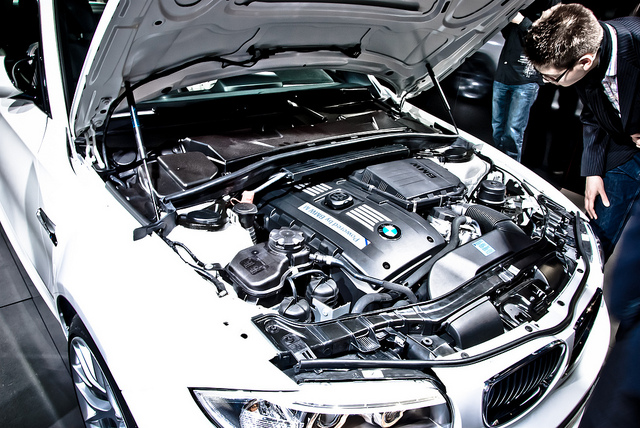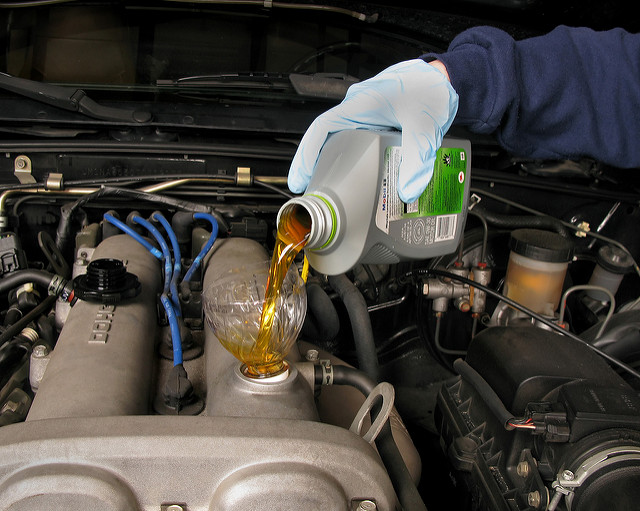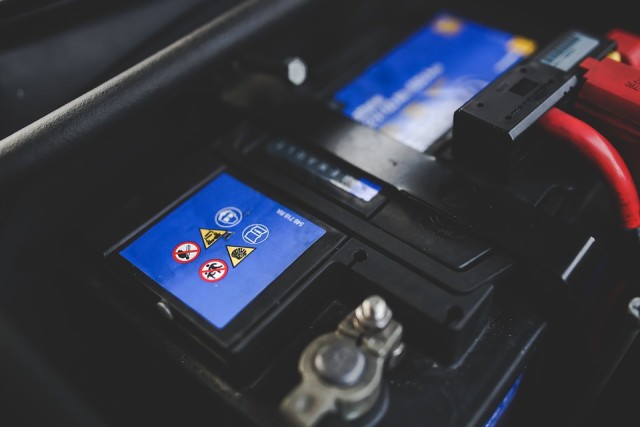Naturally, if you want your car to run smoothly and last for a longer time, it’s a must that you keep its engine in pristine condition. After all, it’s the life and soul of your precious vehicle. Without it, your automobile will be a useless tin.
To help you maximize your car’s engine, here are some crucial tips you should follow:
Belts
Under the hood, there are several pieces of rubber belts around several pulleys that drive everything from the air-conditioner compressor to the alternator, brakes, etc. In extreme weather conditions, these rubbers could perish and break in the long run. When that happens are mechanisms can be affected, making things worse for your vehicle.

Oil and Other Fluid Levels
Checking fluid levels in your engine is a fairly easy thing to do. If it’s too high or too low, it could cause major damages to your vehicle, deeming it unsafe to operate. If you check the oil and other fluids, make sure the car has cooled down for a good amount of time. Then, pull out the dipstick, wipe it clean and push it all the way in until it is properly seated in the dip tube again. Wait for a few seconds and then pull it out again. If it’s too low, you’ll need to refill as soon as possible.

Aside from the oil and water levels, make sure your automobile’s engine has enough coolant. Generally, the coolant reservoir is bolted to the side of the engine bay in the form of a semi-transparent bottle. A note of caution though, do not take the radiator cap off when checking the coolant if it’s still hot. It could burst and burn you.
Battery

Make sure the clamps on the cables connecting to your car’s battery are properly clamped. Otherwise, your coupe or wagon would not start.




